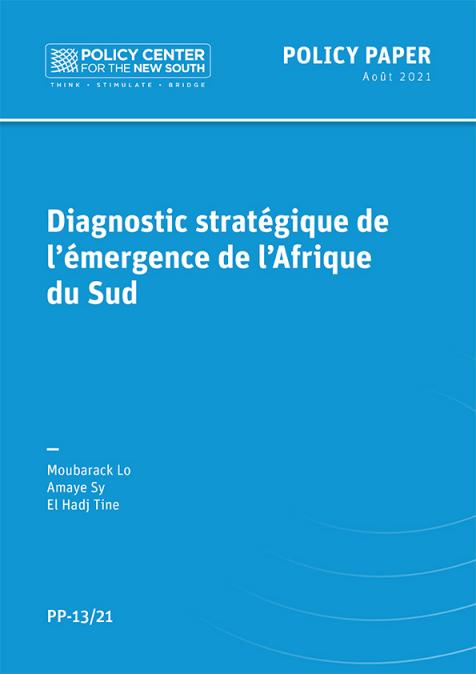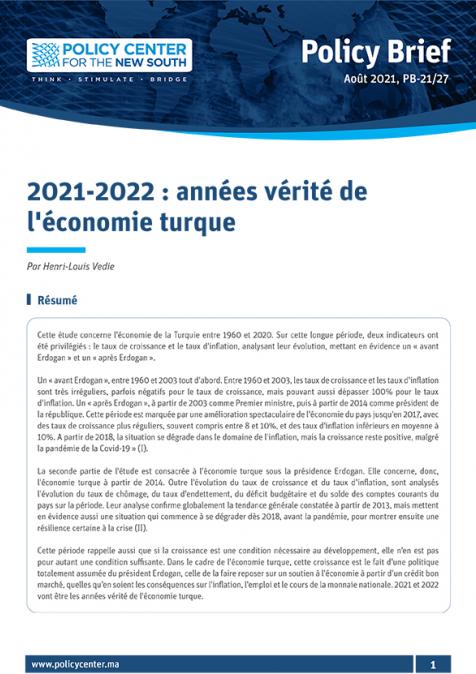بعد تفشي فيروس كورونا المستجد في جل مناطق العالم، اختلفت طرق التصدي له من دولة إلى أخرى. حيث اعتمدت الدول قرارات متفاوتة من حيث الصرامة في ظل الحد من تفشي هذا الوباء. وفي نفس الصدد، اتُخذت عدة قرارات لدعم المواطنين لكي يتاح لهم المرور من هذه الأزمة بأقل الأضرار الممكنة في مختلف القطاعات والمجالات. غير أن هذه الأزمـة قد شـكلت نقطـة بدايـة وسـبب بـروز اضطرابـات اقتصاديـة واجتماعيـة عميقـة فـي المغـرب وفـي العالـم بأسـره، مـما أدى إلى إبراز أهمية سؤال الدولة في الظرفية الحالية باعتبارها الهيئـة الوحيـدة القـادرة علـى حمايـة السـكان ومواجهـة تأثيـرات الأزمـة السـلبية. الجدير بالملاحظة أن الاقتصاد الوطني كباقي اقتصادات العالم يواجه هذه الأزمة غير المسبوقة بسبب تداعيات انتشار الفيروس، ما يؤدي إلى إعادة النظر في الميزانية العامة للنظام المالي كمحور تنتظم في إطاره وتسير وفق مقتضياته مختلف أنشطة المؤسسات والمرافق الحكومية. فكيف سيتم التعامل مع ميزانية الدولة لسنة 2021 لاسيما وأن المالية العامة لهذه السنة تتراجع بسبب أحداث وتداعيات أزمة كورونا على المدى المتوسط إلى الطويل؟ أي توجه للسياسة المالية للسنة المقبلة في حين أن صناع القرار يقفون أمام خيارين: استعادة أرصدة الموازنة للميزانية العامة أم دعم الانتعاش الاقتصادي من خلال سياسة توسعية. ما هو المسار الأكثر احتمالا؟ وفي نفس السياق، ونظرا لتداعيات الأزمة، خفضت وكالة "فيتش" الدولية للتصنيف الائتماني من توقعاتها بخصوص المغرب. فكيف ينبغي أن يؤثر هذا الوضع الجديد على تصميم ميزانية 2021؟ المسيرة: إيمان لهريش، مسؤولة عن البرامج بمركز السياسات من أجل الجنوب الجديد المتدخلون: عبد الله سرحان، خبير في المالية العامة وكاتب عام سابق للمجلس الأعلى للحسابات ثريا لحرش، مستشارة برلمانية ومنسقة المجموعة الكونفدرالية الديمقراطية للشغل










